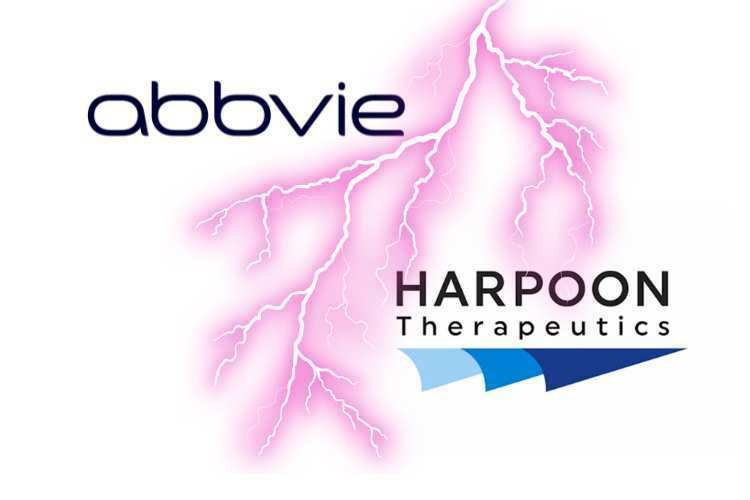AbbVie has decided against pursuing its option on Harpoon Therapeutics’ anti-BCMA T-cell engager HPN217, thus avoiding a $200 million payment and a $230 million commitment for a crowded oncology asset. AbbVie initially secured an option to obtain a global license for HPN217 in 2019, providing Harpoon with $30 million upfront and the potential for significant future payouts. In 2020, Harpoon received an additional $50 million when it initiated a phase 1/2 clinical trial for HPN217, which showed promise with a 77% response rate in a small group of multiple myeloma patients.
Harpoon had informed investors that it expected to deliver the phase 1 data to AbbVie by the end of the year, but now AbbVie has chosen not to advance the program. HPN217 targets BCMA on cancer cells, CD3 on T cells, and albumin for extending its half-life.
The decision frees AbbVie from a substantial financial commitment in an already congested area of oncology. Many drug developers are pursuing BCMA, employing various modalities, and some BCMA therapies are already on the market. Programs entering this competitive space face the challenge of differentiating themselves to achieve commercial success. One potential strategy is positioning candidates as treatments for patients who relapse after receiving other BCMA therapies, addressing an unmet need that may emerge if BCMA therapies become widely used but eventually fail in most patients. AstraZeneca, Bristol Myers Squibb, Johnson & Johnson, and Roche are exploring GPRC5D as a way to treat post-BCMA patients, while Harpoon is positioning HPN217 as a contender in this market.
Harpoon’s CEO, Julie Eastland, emphasized the significant unmet medical need for patients with advanced multiple myeloma who have relapsed after prior treatments, including those with previous BCMA-targeted therapies. The company is scheduled to release more data from the phase 1 study later this month and has expressed confidence in HPN217’s potential as a differentiated treatment option. Preliminary results from the study have indicated a favorable safety profile.
While AbbVie has opted against HPN217, Harpoon continues to see opportunities for BCMA T-cell engagers. Other pharmaceutical companies like Pfizer, Regeneron, and Bristol Myers Squibb are also advancing candidates in this space. AbbVie, having exercised its option on TeneoOne in 2021, is developing its own BCMAxCD3 bispecific in early-phase development.





























